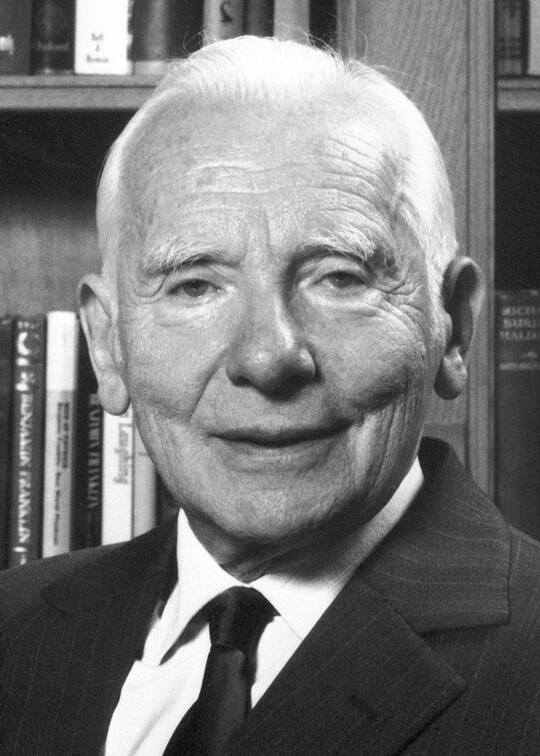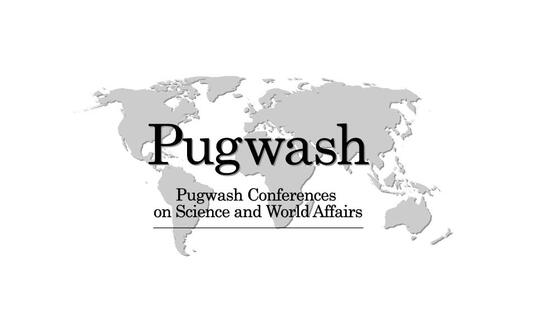1995
Joseph Rotblat
Pugwash Conferences on Science and World Affairs
for their efforts to diminish the part played by nuclear arms in international politics and, in the longer run, to eliminate such arms

Joseph Rotblat (1908 - 2005)
United Kingdom
Scientist Opposed to Nuclear Weapons
When Joseph Rotblat was awarded the Nobel Peace Prize in 1995, 50 years had passed since the atom bombs were dropped on Hiroshima and Nagasaki. But it was 52 years since Joseph Rotblat had first taken a stance against the development of the new weapons of mass destruction. In his opinion, science and research should serve the cause of peace. Of Jewish descent, Rotblat was born in Warsaw, Poland. He studied physics and took up research in Great Britain in 1939. His work on splitting the atom led him to the conclusion that it was possible to produce an atomic bomb. In 1943 he was given permission to withdraw from the Manhattan Project, in which the United States and Great Britain were cooperating on the production of nuclear weapons. To Rotblat it was clear that Germany would not manage to make an atomic bomb before the war was over. He also feared that nuclear weapons might be used in a clash with the communist Soviet Union. During the post-war period, Joseph Rotblat has done an enormous amount of work in the cause of peace, dialogue and disarmament through the Pugwash movement, with which he shared the Nobel Peace Prize in 1995.
Pugwash Conferences on Science and World Affairs
Canada